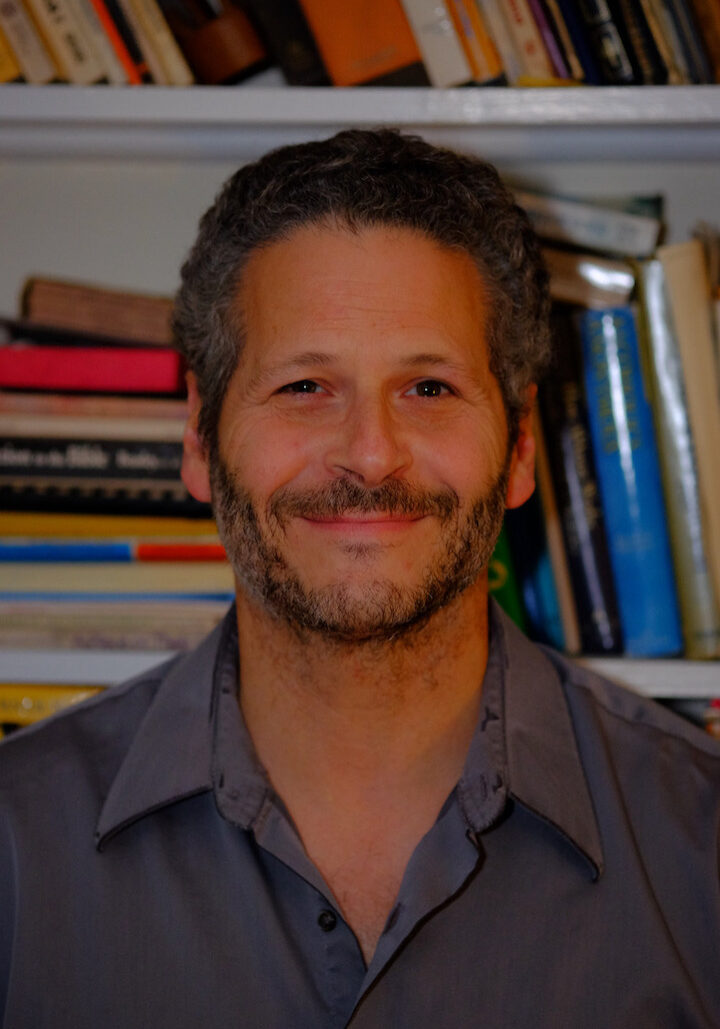I’m the sign language interpreter standing on the other side of the examination table where the deaf patient is sitting and the nurse is hovering with a hypodermic syringe filled with a certain inoculative substance that she is getting ready to inject into the deaf patient’s arm. And I’m wondering how I should interpret “little pinch” when she says it to the deaf patient. That is, how should I sign it? What, in fact, does “little pinch” mean?
It’s what all the nurses say before they jab you. Maybe they were taught to say it that way in nursing school. Or maybe one phlebotomist said it once to another phlebotomist who was off-duty and having her own blood drawn for a change and she liked the sound of it so much that when she got back to work she started saying it every chance she got and it just caught on from there and spread like wildly mild euphemisms are wont to.
For such a little noun phrase, “little pinch” has a lot of possible interpretations. One interpretation, which is more about intent than content (i.e., the words themselves matter less than the warning they embody), could be something like: Get ready, here it comes. That’s the interpretation I’m leaning toward. But another possible interpretation could be something like: In the catalog of pain that you have experienced in your lifetime this will prove to be a fairly minor entry.
A third interpretation, the most literal one and yet the one I’m least likely to go with, is: This is going to feel like I’m pinching you a little. I don’t think that hearing people hear it that way when they hear a nurse say “little pinch” before she gives them a jab. And, in fact, it doesn’t feel like a pinch, does it? It feels more like a prick, a piercing, a perforation. So it wouldn’t make sense to sign to the deaf person some ASL version of: The sensation of getting this shot will (very soon) be very much like the sensation of being lightly pinched.
By the time I’ve settled on an appropriate interpretation of “little pinch” in ASL, it’s too late because the nurse has already jabbed the deaf patient and applied the little Band-Aid over the site of the little pinch. And the deaf patient, who was very stoic and didn’t wince or even bat an eye, signs some untranslatable pun in ASL which employs his tongue in an adverbial way and equates the nurse’s virtuosity with the needle to a chef’s virtuosity in the kitchen as he strains the fat from a meat broth.
“What did he say?” she asks me as the deaf man winks at me and walks out the door of the examining room, smiling. I give it some thought–-almost as much thought as I gave her “little pinch”—and I decide the best strategy is to completely drop the culinary reference, which really doesn’t translate at all, and instead try to come up with a slightly different but equally humorous and witty equivalent. “It was something about your little pinch feeling almost as smooth as an affectionate pinch on the cheek,” I say to the nurse. And she smiles at that. And since that’s what the deaf man intended (more intent than content) I congratulate myself on another successful interpretation.

